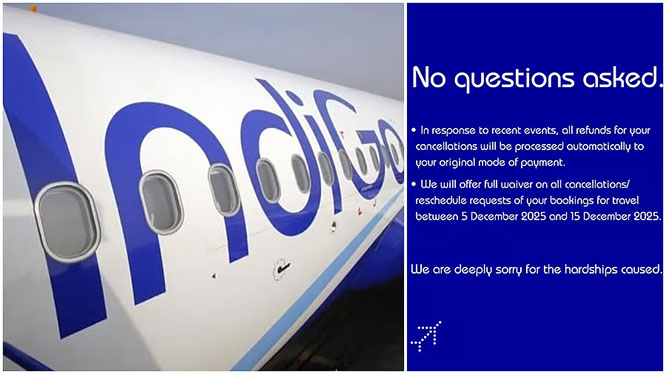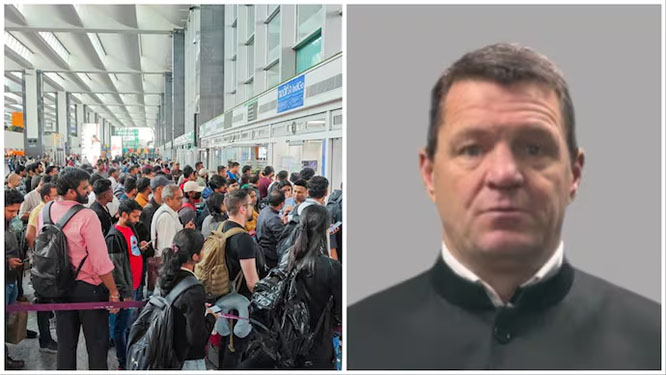New Delhi, Jan 17: In a significant breakthrough on GST front, the Centre and the states reached a consensus on the contentious dual control issue on Monday preparing ground for the rollout of the biggest tax reform from 1 July, said Ginance Minister Arun Jaitley.
The Centre would assess 50 percent of the assessees under Rs 1.5 crore annual turnover and the states the other 50 percent. As much as 90 percent of the assessees with less than Rs 1.5 crore annual turnover will come under the states and the balance 10 percent under the Centre.

The consensus at the GST Council meeting on jurisdiction over assessees as well as fixing rollout date on July 1 gives industry the much-needed clarity and additional time for preparing for the reform, experts said.
Dubbing the meeting as watershed moment for GST, Deloitte Haskins & Sells LLP Senior Director (Indirect Tax) M S Mani hoped that the final legislation with relevant rules is available to business at least three months ahead of the rollout.
"With indication of revised implementation date of July 1, 2017 for GST, industry gets much needed clarity and some additional time for preparation for this huge reform. It appears that government would be able to get the central GST laws passed by Parliament in the second half of budget session now," PwC Partner and Leader (Indirect Tax) Pratik Jain said, adding uncertainty surrounding GST is gone now.
BMR & Associates LLP Leader (Indirect Tax) Rajeev Dimri said, "Even to achieve the deferred roll out date, finalisation and publication of GST laws without further delay would be important for India Inc to effectively prepare for migration to the new regime."
According to Jaitley, the whole process of preparing the draft laws and deciding the rate slabs will need time until March, which makes 1 July rollout a more realistic deadline than earlier 1 April.
Three crucial steps to be completed by March are finalising the draft legislation and rules, getting these approved by the legislative bodies and deciding the rate slabs.
Mani of Deloitte said that GST rollout from 1 July instead of 1 April is welcome as it ends the anxiety of industry to have a firm roll out date in place.
"Industry would be delighted that there has been a consensus in today's meeting of the GST Council and a definitive announcement of the rollout date. This would enable businesses to move ahead with preparing for the roll out from now itself," Mani said, adding it is now imperative that all businesses complete their GST roll out preparations.
EY India National Leader (Indirect Tax) Harishanker Subramaniam said the development is 'very positive' and takes GST journey forward. "What remains now are the rates for various goods and services which I am sure will be decided in March 2017".
"The decision on deferment of GST to July is pragmatic. A well-thought through implementation post meticulous discussion on the draft legislations is far more desirable than a premature rushed through rollout," Dimri said.








Comments
Add new comment